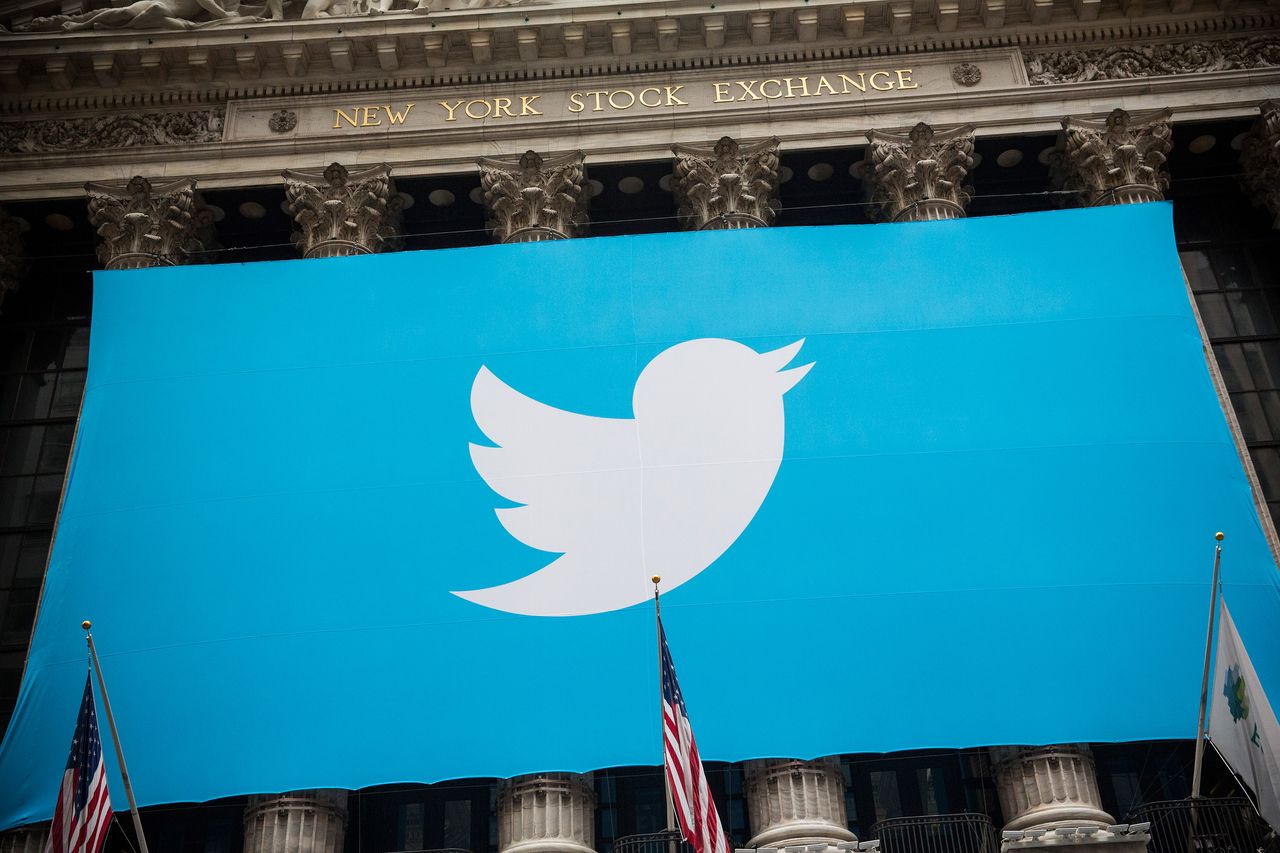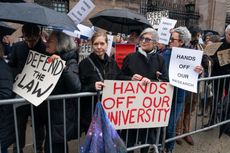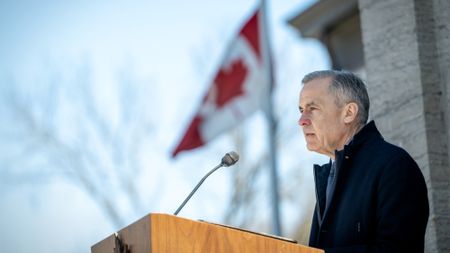This new study reveals the depressing truth about fake news

For fans of the truth, the results of a recent scientific study are more than a little dismaying.
Scientists at the Massachusetts Institute of Technology found that stories with false or inaccurate information spread far faster on Twitter than factually sound ones. For the study, published Thursday in the journal Science, scientists analyzed 126,000 news stories shared by 3 million people across the entire history of Twitter — from 2006, when the platform was started, until the end of 2017.
The researchers found that false news stories were about 70 percent more likely to be shared by Twitter users than true ones, Reuters reported. The study is one of the most comprehensive and wide-reaching ones so far that attempts to analyze the ways we use social media. And perhaps even more surprising than how far fake news can go is why it travels in the first place: It's "not just because of bots," said Soroush Vosoughi, the lead scientist on the study, who has been researching fake news since 2013. "It might have something to do with human nature."
Subscribe to The Week
Escape your echo chamber. Get the facts behind the news, plus analysis from multiple perspectives.

Sign up for The Week's Free Newsletters
From our morning news briefing to a weekly Good News Newsletter, get the best of The Week delivered directly to your inbox.
From our morning news briefing to a weekly Good News Newsletter, get the best of The Week delivered directly to your inbox.
That's not to say that bots bear no responsibility for the spread of fake news; in spreading specific lies and rumors, they can be quite significant. But over the decade that Twitter has been around, they don't come close to accounting for the 70 percent difference, The Atlantic reported. Instead, it's Twitter users who seem to prefer falsehoods to the truth: Even when researchers took into account various external factors, like how large of a Twitter following the source account had or whether they were verified by Twitter, fake news easily beat out the truth by a wide margin.
In the end, whatever provoked a strong emotional reaction was what people wanted to share the most. While the MIT researchers focused on Twitter, they said that their results would likely apply to Facebook and other social media platforms as well. Read more about the study at The Atlantic.
Sign up for Today's Best Articles in your inbox
A free daily email with the biggest news stories of the day – and the best features from TheWeek.com
Shivani is the editorial assistant at TheWeek.com and has previously written for StreetEasy and Mic.com. A graduate of the physics and journalism departments at NYU, Shivani currently lives in Brooklyn and spends free time cooking, watching TV, and taking too many selfies.
-
 America's academic brain drain has begun
America's academic brain drain has begunIN THE SPOTLIGHT As the Trump administration targets universities and teachers, educators are eying greener academic pastures elsewhere — and other nations are starting to take notice
By Rafi Schwartz, The Week US Published
-
 Why is Musk targeting a Wisconsin Supreme Court race?
Why is Musk targeting a Wisconsin Supreme Court race?Today's Big Question His money could help conservatives, but it could also produce a Democratic backlash
By Joel Mathis, The Week US Published
-
 How to pay off student loans
How to pay off student loansThe explainer Don't just settle for the default repayment plan
By Becca Stanek, The Week US Published
-
 Supreme Court upholds 'ghost gun' restrictions
Supreme Court upholds 'ghost gun' restrictionsSpeed Read Ghost guns can be regulated like other firearms
By Rafi Schwartz, The Week US Published
-
 Trump sets 25% tariffs on auto imports
Trump sets 25% tariffs on auto importsSpeed Read The White House says the move will increase domestic manufacturing. But the steep import taxes could also harm the US auto industry.
By Peter Weber, The Week US Published
-
 Trump allies urge White House to admit chat blunder
Trump allies urge White House to admit chat blunderSpeed Read Even pro-Trump figures are criticizing The White House's handling of the Signal scandal
By Peter Weber, The Week US Published
-
 Waltz takes blame for texts amid calls for Hegseth ouster
Waltz takes blame for texts amid calls for Hegseth ousterSpeed Read Democrats are calling for Defense Secretary Pete Hegseth and national security adviser Michael Waltz to step down
By Peter Weber, The Week US Published
-
 Judge: Nazis treated better than Trump deportees
Judge: Nazis treated better than Trump deporteesspeed read U.S. District Judge James Boasberg reaffirmed his order barring President Donald Trump from deporting alleged Venezuelan gang members
By Peter Weber, The Week US Published
-
 US officials share war plans with journalist in group chat
US officials share war plans with journalist in group chatSpeed Read Atlantic editor Jeffrey Goldberg was accidentally added to a Signal conversation about striking Yemen
By Rafi Schwartz, The Week US Published
-
 Canada's Mark Carney calls snap election
Canada's Mark Carney calls snap electionspeed read Voters will go to the polls on April 28 to pick a new government
By Peter Weber, The Week US Published
-
 Musk set to earn billions from Trump administration
Musk set to earn billions from Trump administrationSpeed Read Musk's company SpaceX will receive billions in federal government contracts in the coming years
By Peter Weber, The Week US Published